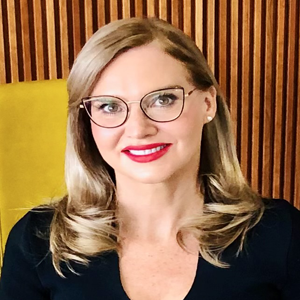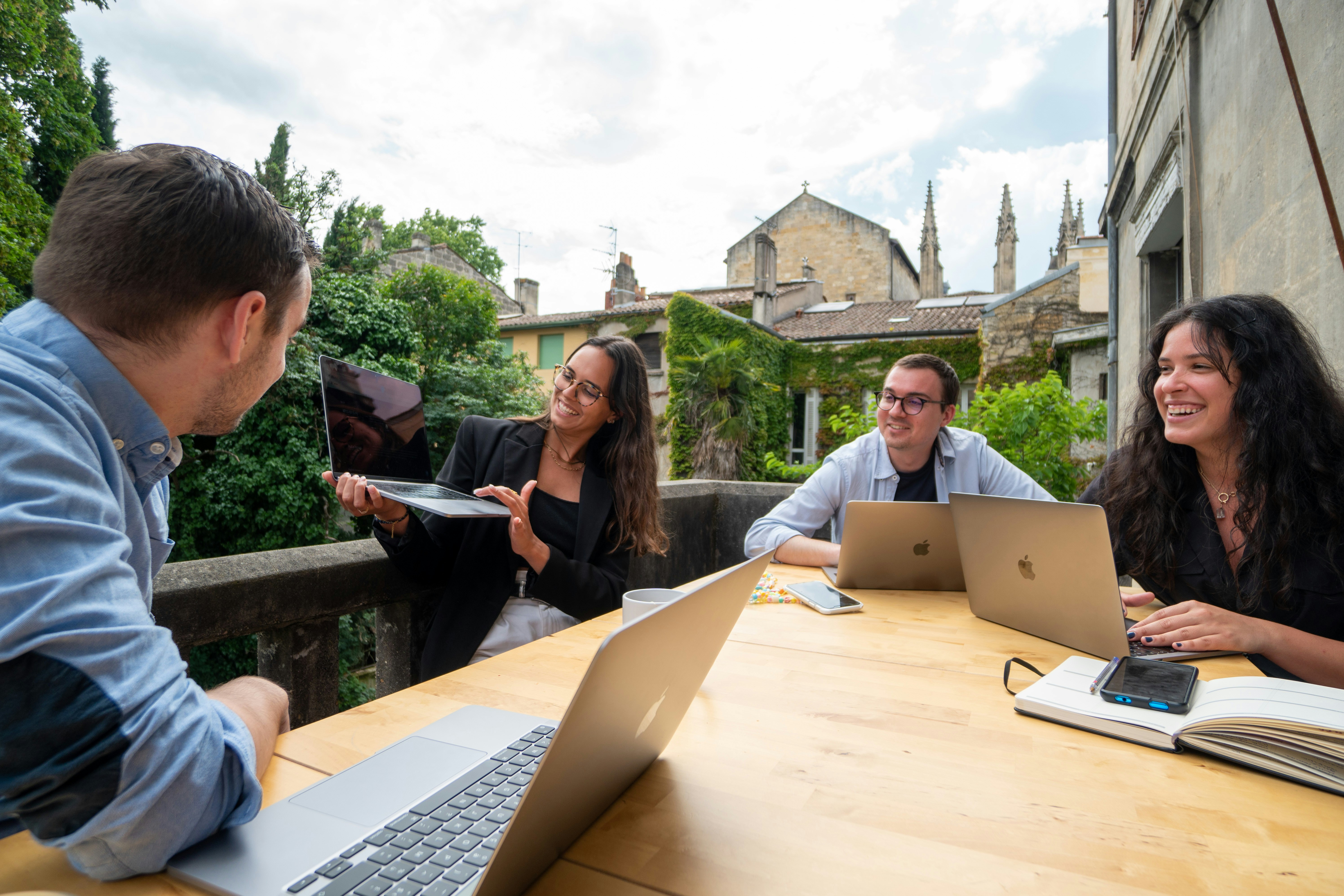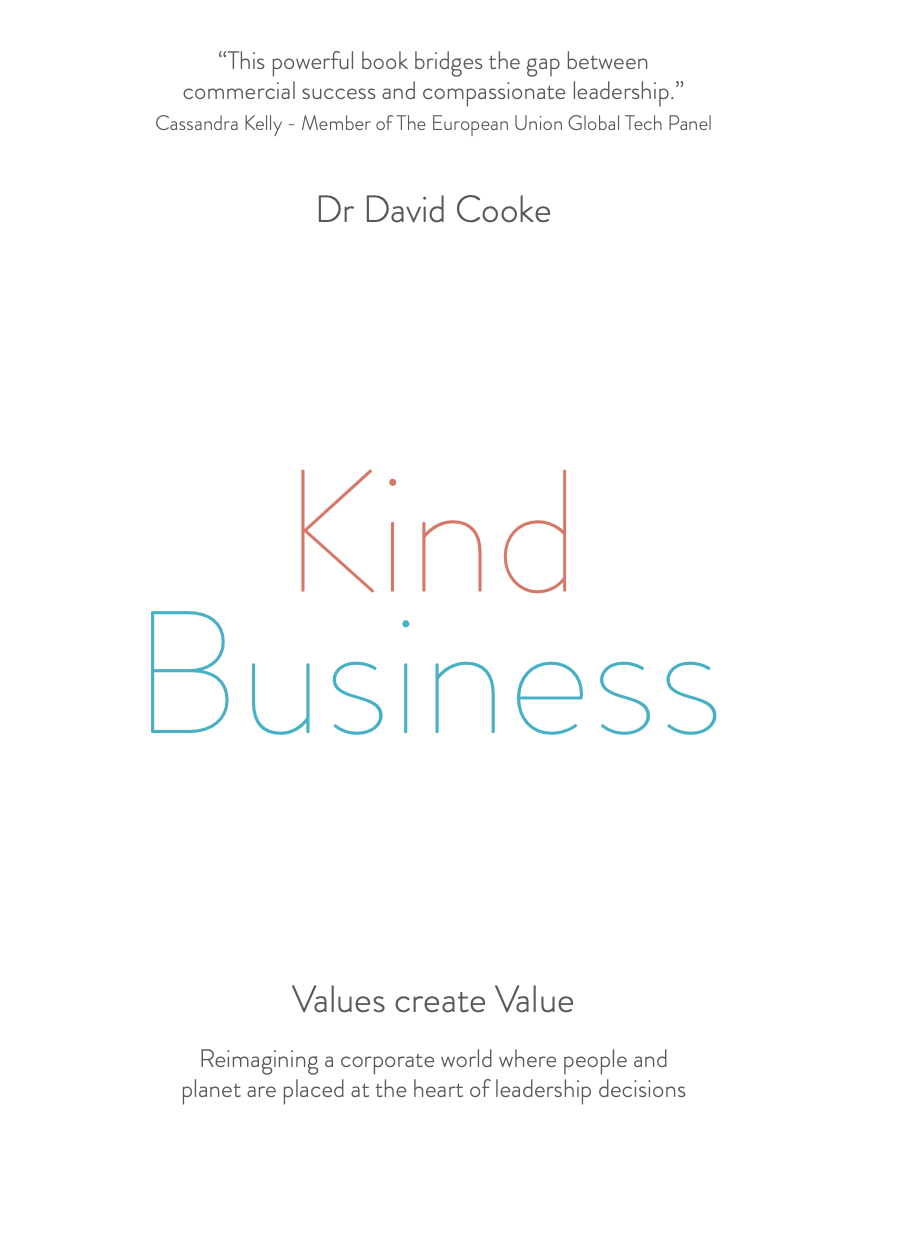Building Inclusive Decision Making
Explore expert strategies to enrich organizational decision-making with diverse perspectives. Enhance effectiveness and drive change by embracing inclusivity at all levels.

AUTHOR: Briget Gray, Dr Tom Verghese, Mylan Vu
Insights from Decision Experts. This month's topic: Building Inclusive Decision Making: Crafting Decisions with the Ideal Mix of Perspectives In the quest to harness the full potential of organisational brainpower, the diversity of perspectives isn't just beneficial—it's necessary. Our latest blog delves into the invaluable insights experts dedicated to fostering diversity and inclusivity in decision-making processes. This month, we explore strategies that ensure a broad range of perspectives are considered, enhancing organizational effectiveness and driving meaningful change.
Dr. Tom Verghese emphasizes the importance of welcoming alternative viewpoints to avoid biases and enrich decision-making. Bridget Gray discusses the necessity of inclusive practices at all levels to unearth hidden insights and drive business success. Joining them, Mylan Vu highlights the critical need for representative leadership, illustrating how lack of diversity in leadership roles can hinder progress and exacerbate issues within marginalized communities.
Together, these perspectives underscore the urgent need for organizations to embrace a more holistic approach to decision-making. Enjoy the read:

1. Alternate Perspectives are Important in Decision Making Dr Tom Verghese - Speaker, Cross Cultural Consultant, Executive Coach My very first manager said “Tom, if you and I agree on everything, then one of us is unnecessary…and it's not me!”. That has served as a good lesson for me throughout my entire consulting career…both inviting and providing alternative perspectives into any decision-making process. Daniel Kahneman, the eminent psychologist was a pioneer with his research demonstrating that humans are not rational beings in our decision making but instead rely strongly on our biases. All humans are biased. Biases help us navigate life and are formed by our upbringing, education, culture, gender, age and a myriad of other experiences. Leaders are rewarded and expected to move fast, make decisions and implement action plans. Consider for a moment, are there times when it would be better to slow down, pause and consider multiple options? In his book Thinking, Fast and Slow, Khaneman differentiated between two modes of thinking: ‘System 1’ which is fast, instinctive and emotional and ‘System 2 which is slower, more deliberative and more logical. Most of our thinking and decision making is in System 1. Even though our workplaces have becoming more diverse with the mixes of age, gender, culture, discipline, language and experience, this does not ensure inclusion. Being inclusive requires intent and action. Leaders need to constantly reflect on ways to be inclusive and one way is in decision making. Invite alternative perspectives and viewpoints to broaden thinking and to ensure various interests and voices are represented. One benefit of doing this is that it eliminates the ‘blind spots’ that exist because of our own limitations and experiences. Another benefit is that it reduces ‘groupthink’ where individuals reach a consensus without critical reasoning or evaluation of alternatives. It tends to happen because of the human desire to not upset the balance of a group. The Six Thinking Hats approach developed by philosopher Edward de Bono encourages a review of the problem from 6 differing angles or hats. A different thinking style is represented by a different hat. Try that as an exercise yourself or encourage team members to try a different coloured hat for perspective. There are numerous tools, systems and methodologies available in decision making. Choose one that aligns with your values and utilise it to help you with the process. And remember, two heads are better then one!

2. Check yourself; How are you Making Decisions? Bridget Gray - Venture Capitalist, Talent advisory, Executive Search, Thought Leadership, Connectivity and Consulting As a Diversity, Equity, Inclusion, and Belonging Consultant for decades representing the most prominent organisational strategy businesses in the world, I constantly check myself on how I make key decisions.
Uplifting inclusive decision-making is vital to the value and success of contemporary business leaders. Independent thought is increasingly valuable and can hide away in less visible or vocal places of our business. To actively seek it out throughout the business, we need multi-faceted checkpoints to make sure we are not only hearing from the naturally vocal people in our teams. The golden nuggets are not often found in executive-level thinking or from the extrovert in your team. As part of the brief, executives are under economic and internal political pressures that can cloud decision-making and extroverts may not be across some critical elements of information needed to make big decisions.
To answer the needs of our ever-changing marketplace, we need to create a safe space for open and honest dialogue to unveil fresh perspectives to better serve our customers. The latest McKinsey report ‘Diversity Matters’ validates our thinking companies with better gender representation at executive levels were more likely to have a 39% uplift in performance compared, and 35% for better ethnic representation.
Inclusivity is more than just a buzzword. It is a critical business thinking necessity. It is not just about checking boxes. Or doing the right thing. It makes good business sense.
I was leading a global team during the global pandemic, and the pivot on how we communicated, the breakdown of hierarchies, afforded me the valuable opportunity to have individual conversations with those I may not have talked with as much in traditional reporting and work models. I heard new perspectives, it urged me to think differently, and more thoughtfully chair meetings to ensure everyone was heard. I attributed and socialised what positive impact these voices were having on everyone's experience.
As an executive, I was not alone in these revelations. We believe we excel at making certain decisions, or we know who our key decision-makers should be. But that is not always the case. Sometimes it takes an event for us to pause and question the way decisions are made, how they are collected. It is easy to think we know the answers, but there is no way we can unless we have ways to verify we are taking in a broad perspective of viewpoints. Generational, Cultural, Neurodiverse.. We must consider the broadest groups to our decisions. It is not easy, but well worth taking the time to continue to move towards.
The stories people have shared with me have included decision rights, how customers felt they could be doing things differently, but one thing was common, they did not rely on outdated policies or ways of working, they reimagined the art of possible to get the most holistic viewpoints. Like my peers, I changed some of our long-standing processes, so we could spend more time on the important work, responding to our customer needs. It alarmed me that we were hiring smart people to do time-intensive and dreaded tasks, that could be easily changed. As a result of these changes, our retention skyrocketed and engagement levels increased by 32% across the team. Our clients were getting the attention they deserved and our people were happier.
There is little point claiming you are inclusive if your people cannot feel it. If they do not feel heard and included. If they do not truly feel you actively seek their input.
So, I encourage you to take the time to ask yourself, is your business truly inclusive? Do you think there's room for improvement? Are you using tools to validate the steps you take to represent inclusive groups? Remember, Inclusive decision-making is not a HR policy, or a tag line. It is how you as a leader respect honesty and nurture a sense of belonging.

3. Representative Leadership is Needed for Meaningful Change Mylan Vu - PR and Communications Consultant We are surrounded by stats and research highlighting just how dire the impacts are when people without lived experience are leading initiatives supposedly designed for their communities. Whether it's the fact that only five out of 19 Close the Gap targets are 'on track' for Indigenous Australians, or that abuse and violence are festering in the disability community, what's most concerning is that these statistics are devastating but unsurprising and all too familiar to those working at a grassroots level to advocate for a better future. Without representative leadership and voices at the table, meaningful change is almost impossible to achieve and, in some cases, more damage can be done despite good intentions.
This is why inclusive decision making is more important and overdue than ever. Getting the 'ideal mix of perspectives' is often seen by corporates, government bodies, and Boards as hard work. But if there is a mix of perspectives already at the executive level, in leadership positions and on Boards, the heavy lifting is mostly done. Organisations need to recognise that even the most well-meaning and established leader cannot truly know what a marginalised community needs if they have not actually experienced that kind of marginalisation themselves. We need to mix up the faces and voices that we typically associate with leadership to normalise refugee, disability, LGBTQIA+, and Indigenous communities as being leaders on issues that directly impact their communities AND the broad range of issues that impact the lives of everyday Australians. Why? Put simply, it makes good business sense. Plus, everyday Australians are diverse, and if we aren't including them in decision-making at every level of corporate and government organisations, we'll be seeing the same stats again in a decade from now. And that's not good enough.

Related Blogs

By Craig Carden, Steve Finlayson, Victoria Medvec
4 min read
The Art of Decision Delegation: Ensuring Confidence and Clarity at Every Level

By Kylee Ingram
4 min read
The Case for Insourcing: Activating Internal Talent for Strategic Success

By Dr David Cooke
4 min read
Why I wrote Kind Business